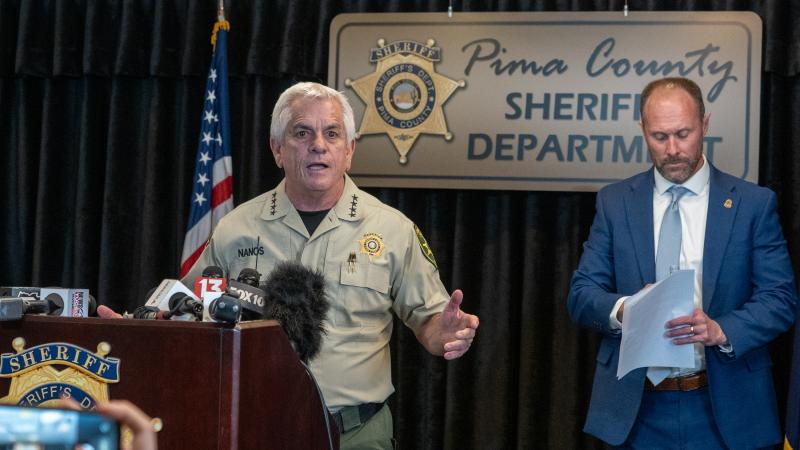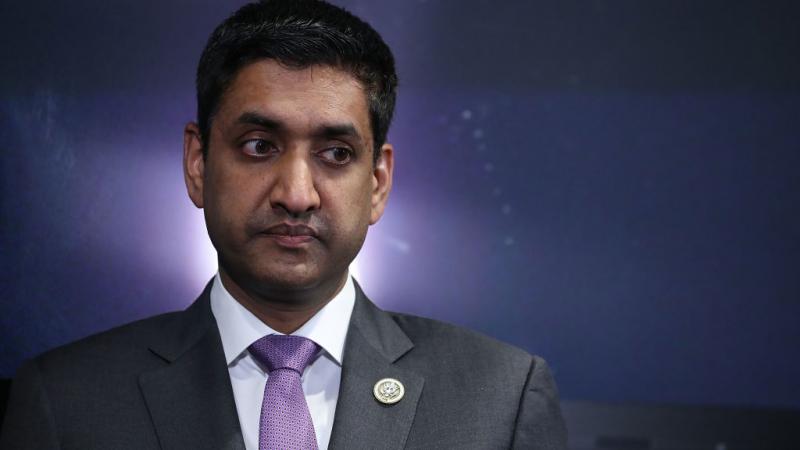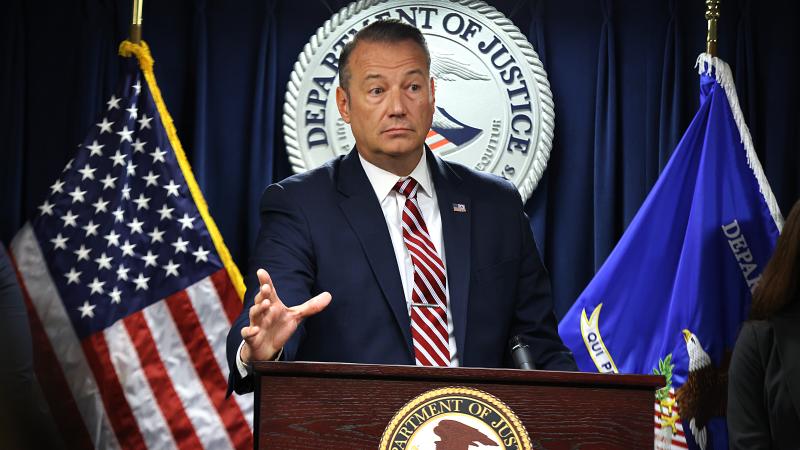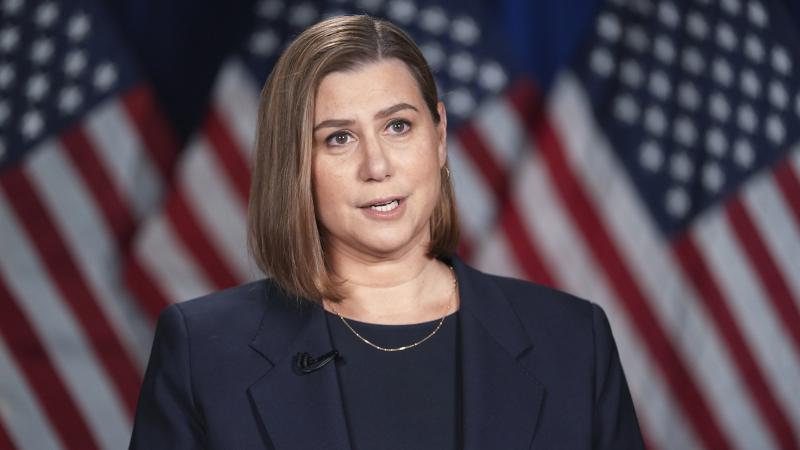Maine leaders urge federal government to ban offshore wind in fishing area
Maine has set an ambitious goal of reaching 80% renewable energy by 2030 and 100% by 2050, and the Mills administration said wind power will play a large role.
(The Center Square) — Maine leaders are urging federal energy regulators not to pursue offshore wind projects in fertile fishing grounds off the state's coastline.
In a letter to the Bureau of Ocean Energy Management, Gov. Janet Mills and the state's congressional delegation members call on the agency to remove a section of state waters — included in the so-called Lobster Management Area 1 — from the federal government's plans to develop offshore wind.
"Given the importance of these fishing grounds to Maine’s fishing industry, the significant feedback that your agency has already received, and the recently passed Maine law that disincentivizes development in LMA 1, it is clear these areas are inappropriate for inclusion in the final Wind Energy Area," they wrote.
The letter, also signed by Sens. Susan Collins, R-Maine and Angus King, I-Maine, urges the federal agency to "work closely with Maine’s fishing industry to understand existing uses and minimize impacts to the heavily regulated offshore groundfish fleet."
"We want to ensure that any areas leased in the Gulf of Maine avoid and at the very least minimize impacts to the fishing industry whenever possible," they wrote.
Last month, BOEM identified more than 9.8 million acres in the Gulf of Maine as potential commercial offshore wind sites. The agency excluded most of LMA 1 but suggested a 200,000 square-mile area might be a potential site for offshore wind development.
Maine has set an ambitious goal of reaching 80% renewable energy by 2030 and 100% by 2050, and the Mills administration said wind power will play a large role.
But the push to develop offshore wind has met with pushback from commercial fishermen who say the move would shut down fishing grounds and hurt the industry. Nearly 75% of Maine’s commercial lobster harvesting occurs in state waters.
"Maine lobstermen are proud stewards of the Gulf of Maine and are troubled by the potential impact of offshore wind development, particularly within LMA1, on the environment and our fishing communities," Patrice McCarron, policy director of the Maine Lobstermen's Association, said in a statement.
In 2021, Mills signed a bill that set a permanent ban on offshore wind development in waters managed by the state as it seeks to build a pilot wind research facility. The proposal had called for a 10-year moratorium, but the restrictions were made permanent by lawmakers who negotiated the final piece of legislation.
Maine's wrangling over offshore wind sites comes at an uncertain time for the nascent industry. Developers are scaling back — or, in some cases, backing out of projects — citing supply-chain disruptions, higher construction costs and a lack of state and federal government tax credits.
In New Jersey, the Danish company behind the state’s first offshore wind project announced that it is scrapping two large offshore wind power projects off the coast, delivering a major blow to its clean energy plans.
Despite the turbulence in the nascent industry, President Joe Biden is pursuing plans to add at least 30 gigawatts of offshore wind in the U.S. by 2030, arguing the plan will boost the nation's clean energy industry and create good-paying construction jobs.















